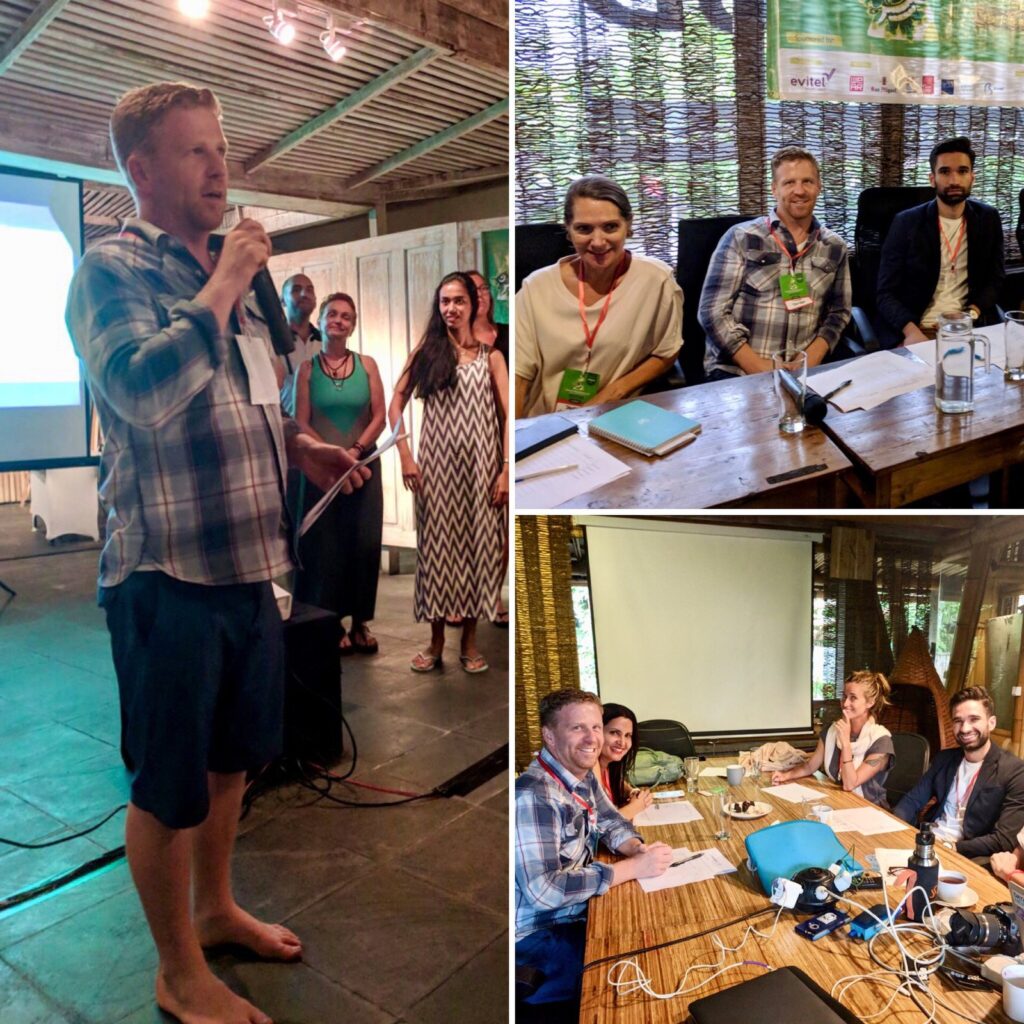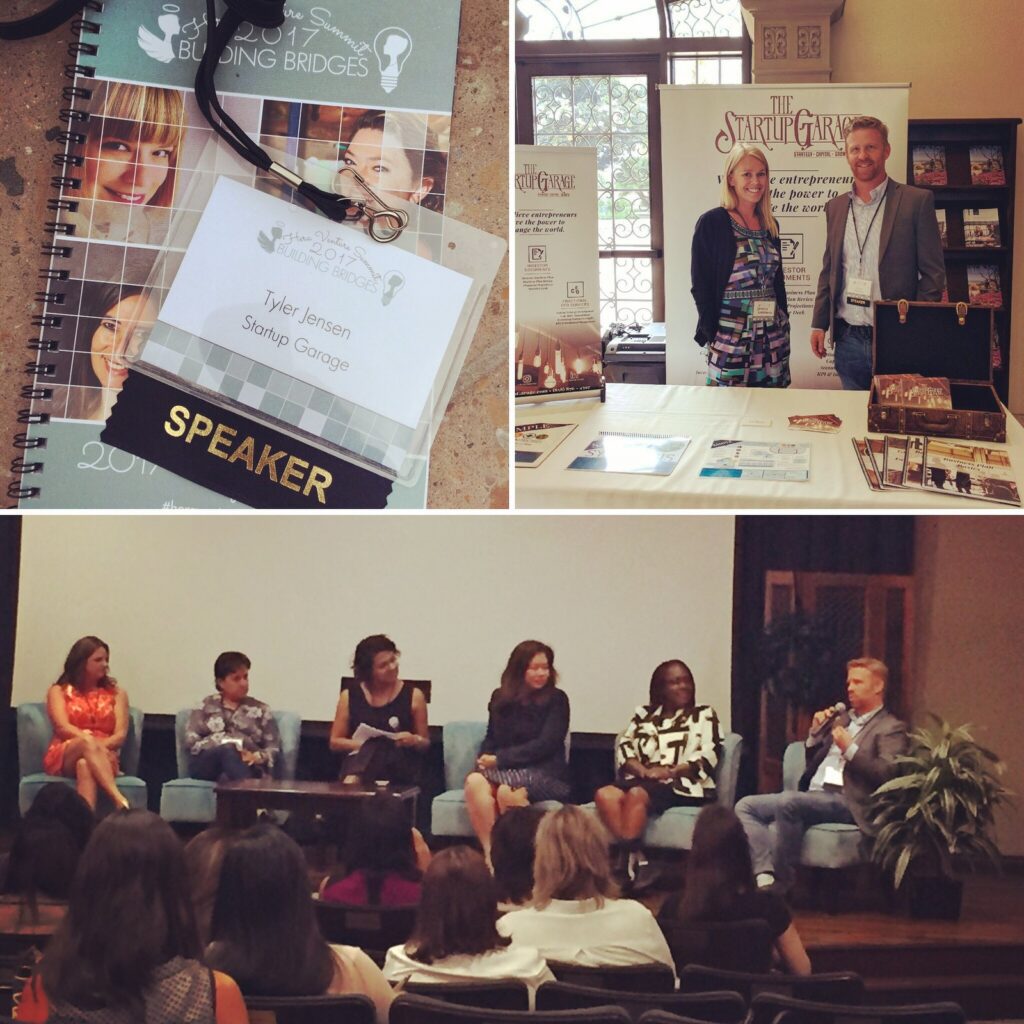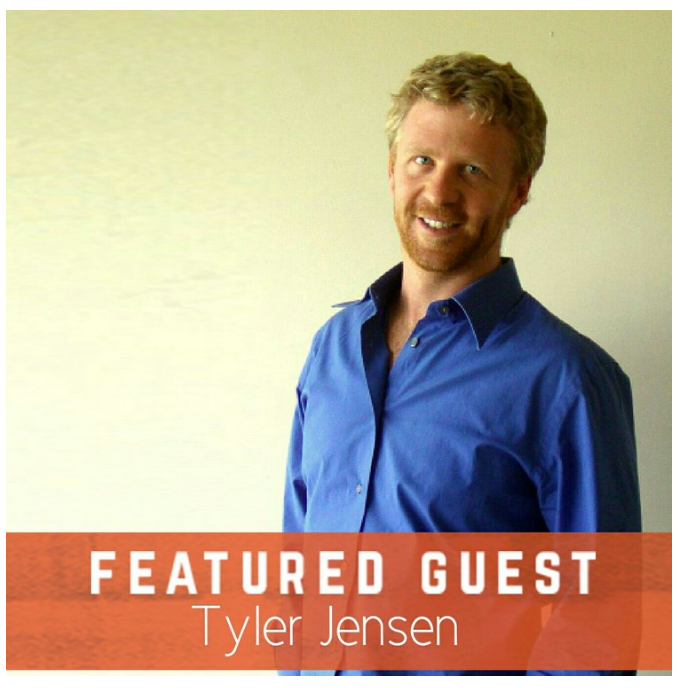Are ICOs the Future of Startup Fundraising? Cryptocurrencies are Giving Founders a New Platform for Fundraising

Cryptocurrencies are giving Founders a whole new platform for fundraising. As a strategic business consultancy that offers Fractional CFO services to entrepreneurs and startups we get a lot of questions about raising capital. While the general consensus among experts is to first raise traditional angel and seed rounds some founders are exploring the use of […]
Exploring the Startup Scene in Asia – Bali Startup Weekend 2017

Startup Weekend Bali 2017 – Ubud, Bali Last month our Founder/CEO, Tyler Jensen, had the opportunity to be part of an all-star judges panel at Hubud’s Startup Weekend Bali. The event, organized by Hubud and backed by Techstars, was part of a 2017 global movement of Startup Weekends – with the tag line “take your […]
The Startup Garage at Hera Venture Summit 2017

The Startup Garage had the opportunity to be a partner of the Hera Venture Summit for the 2nd year in a row. This annual event, hosted by Hera Hub, Hera Labs, and Hera Fund, brings together experts from both sides of the investment table to share best practices, provide learning opportunities and foster networking. The […]
Is This a Crazy Idea?

“Is this a crazy idea?” This question gets raised quite often during our consultations at The Startup Garage. Tyler Jensen, CEO and Founder of TSG, believes that “it doesn’t really matter whether your idea is crazy or not – what matters is the journey you’re willing to take and whether you’re able to learn and […]
Top 5 Startup Tips from the 2016 SDVG Venture Summit
Last week, The Startup Garage had the pleasure of attending the fourteenth annual Venture Summit in San Diego, hosted by the San Diego Venture Group (SDVG). The event brought together more than 35 of San Diego’s ‘coolest companies’ as well as venture capitalist firms. The diverse audience included attendees from tech, software, consumer goods, […]
Rise Up Radio Interview with Tyler Jensen Founder of The Startup Garage

You are listening to James Carmody and Jared Kelley here, in studio for SDriseup.com We are looking to hear stories in your life about local leaders in San Diego. Whether it is the small business owner, your Pastor or leader of your church, your kid’s school teacher or maybe it’s their Little League coach. James: […]
5 Reasons to Attend The USD V2 Pitch Competition For Entrepreneurs

On Thursday April 28th University of San Diego School of Business will hold an exciting competition in a “Shark Tank” like setting. Top student entrepreneurs from USD and Tijuana will compete for a total of $100,000 in cash and invaluable mentorship and support. The Startup Garage Team Compiled The Top 5 Reasons this is a […]
How to Craft an Effective Mission Statement For Your Startup

When developing a business, an important component of your overall strategic plan is a mission statement. This brief statement declares the purpose of an organization and defines the reason for the company’s existence. It provides the framework to help guide the company’s strategies and actions by spelling out the business’s overall goal. Ultimately, a mission […]
How to Create a Social Media Profile For Your Business

As a startup or small business owner, you have to be smart with the resources you have. Oftentimes, traditional marketing doesn’t exactly fall within your budget. That’s why social media is a great alternative in generating the results you want to achieve. It’s not only low-cost, but it also gives you direct exposure to current […]
Entrepreneur Mindset: Lottery Players and Startup Unicorns

4 MindSet Similarities Between Startup Unicorns and Lottery Players As of March 17, 2016 CB Insights’s real time unicorn tracker, lists that 155 Startup Companies are valued at $1 billion or more with a total cumulative valuation of $550billion. A steady increase of 111 new companies since February 2014. Although, the exclusive startup unicorn club […]

